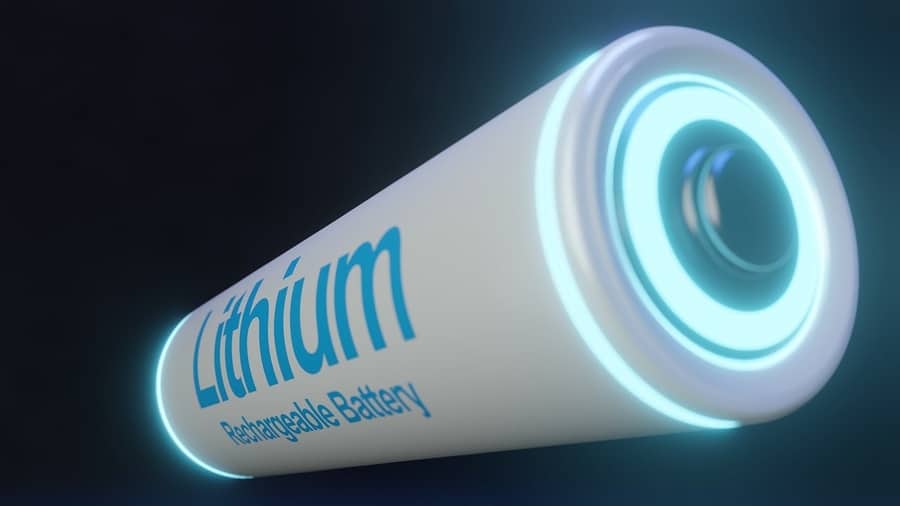Somerset lithium battery factory “temporarily closed” after being left severely damaged by fire
A lithium battery factory in Somerset which provides batteries for the mobility industry has confirmed that it is operating on a temporarily reduced basis after it was left with severe damage from a fire last weekend.
Multiple firefighting crews responded to the fire at an industrial unit on Leach Road in Chard, Somerset at 5.48am on 25th February following reports of smoke and a large blaze in the area.
Devon and Somerset Fire and Rescue Service confirmed that while the cause of the blaze is unclear and recorded as “accidental” the blaze began at the PMBL battery factory. The unit also comprises of a martial arts school, which was also damaged.
PMBL manufactures several types of battery packs, including lithium polymer, NiMH and lithium-ion for several industries, including mobility and healthcare.
Devon and Somerset Fire and Rescue Service confirmed that the roof of the building was engulfed in the fire and the building was deemed to be too unsafe, so crews had to withdraw and “fight the fire defensively.”
South Western Ambulance Service Trust sent multiple incident response units to the scene but confirmed later that no one was injured in the blaze.
Firefighters from Chard, Axminster, Crewkerne, Taunton, Yeovil, Honiton, Charmouth and Lyme Regis responded to the fire.
Like other products powered by rechargeable batteries, mobility scooters, powered wheelchairs, and homelifts increasingly feature lithium battery technology, but this technology comes with unique health and safety and environmental risks, and has previously been connected with fires, including at a mobility equipment warehouse in September 2023.
For consumers of powered wheelchairs and mobility scooters the main risk occurs around how they are stored and charged. Devon & Somerset Fire and Rescue Service has published fire-safety guidance for consumers of battery-powered wheelchairs and mobility scooters, which be viewed here.
The British Healthcare Trades Association (BHTA) has also highlighted safe practices for the use, maintenance, and disposal of lithium batteries in its business-to-consumer guidance here.



